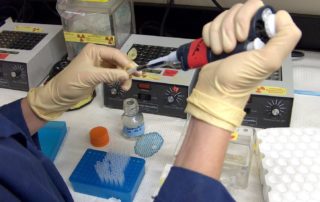Fighting Neglected Diseases
Imagine you are in a business course and are given the following scenario: Your marketing department has found an opportunity for your business. It has identified a clear problem that, with research, time and heavy investment your company can solve. This solution comes with the caveat that you will be creating a product for a

